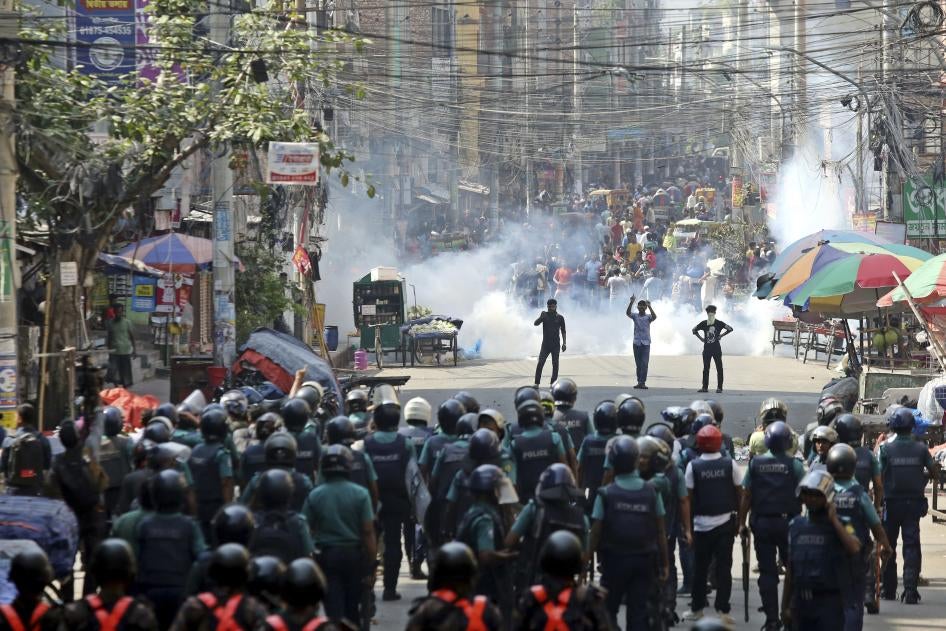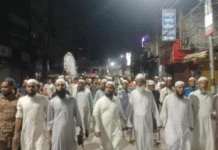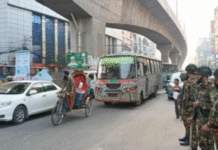
Brands Should Pay Higher Prices, Guarantee at least 23,000 taka for Workers
By Aruna Kashyap Human Rights Watch
Zoya S. (not her real name), is a garment worker in her 30s, making clothes for global clothing brands. She’s been working in a garment factory in Bangladesh for many years. Her husband is a street vendor.
As the annual Black Friday shopping frenzy looms, Zoya’s story casts light on the struggles of millions of workers who toil for meagre wages, to produce goods for consumers around the world.
On November 6, after five years of waiting, Bangladesh authorities raised garment workers’ minimum wages in the country from 8,000 taka (US$72.5) a month to 12,500 taka (US$113) per month, which doesn’t come close to a living wage, and is well below workers’ demand for 23,000 taka (US$208).
Zoya joined thousands in protest. Police brutally cracked down, several workers were killed, and others arrested or detained. Labor organizers came under heightened surveillance and thugs attacked workers. Despite the protests, authorities have yet to further increase the minimum wages.
Zoya was injured during the protests and is at home, recovering. Her doctor expects her to take a month to recover. The prospect of another month without work, coupled with medical bills, has added to her financial woes.
The family had already sent their 12 year old son back to the village to live with Zoya’s mother since they couldn’t afford the mounting school bills in Dhaka. To support her son’s care and schooling in the village, Zoya sends money every month to her mother, who works as a farm laborer. Although primary education is supposed to be free in Bangladesh, in practice her mother has to pay.
Now, Zoya is being forced to contemplate an even more desperate measure : “I think we have to send my son to work to support the family.”
Child labor under age 14 is illegal in Bangladesh but hundreds of thousands of children are working.
This is not the future Zoya had hoped for. “I came to this city with a hope to support my family. When I became a mother, I always wanted my son to be educated like the people in the city I see every day.”
Zoya is not alone in her struggles. Bangladesh is home to about 4 million garment workers whose labor powers garment exports. All brands sourcing from Bangladesh should increase the prices they pay their suppliers, coupled with shoring up wage transparency to ensure workers earn at least 23,000 taka per month without overtime or piece-rate work.
(Interview with Zoya S. was conducted by a colleague at Human Rights Watch)









